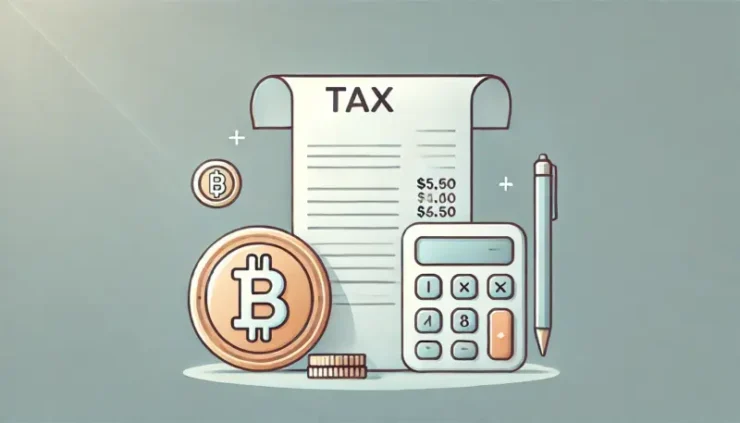Japan’s crypto investors face a shocking reality, Taxes exceeding 110% of their holdings, confirmed by Finance Minister Katsunobu Kato.
Addressing a House of Representatives Budget Committee meeting on February 28, Kato acknowledged that due to the nation’s inheritance and income tax structure, certain crypto holders could face a tax burden exceeding the value of their holdings.
The statement has reignited debate over Japan’s stringent tax policies on digital assets, with critics warning of severe financial consequences for investors.
Taxation That Exceeds Asset Value
The revelation stems from Japan’s taxation system, which applies inheritance tax, income tax, and resident tax to cryptocurrency gains. Under the right conditions, this cumulative tax burden can surpass 100 percent of an asset’s value.
Kato confirmed, “It is a possibility,” explaining that the excessive tax rate occurs when cryptocurrency holdings appreciate significantly in value compared to their original purchase price.
For example, if an investor originally acquired cryptocurrency for 1 billion yen and its value surged to 6.5 billion yen or more, or if a 20 million yen investment increased 100-fold to 2 billion yen, the combined tax rate could exceed 100 percent. This means an heir receiving Bitcoin or another digital asset under such conditions could owe more in taxes than the inherited asset is worth.
Legal Framework and Policy Challenges
Under Japan’s existing tax laws, cryptocurrency profits are taxed as miscellaneous income, with a progressive rate reaching up to 55 percent. Additionally, inheritance tax, which maxes out at 55 percent, is calculated based on the market value of the asset at the time of inheritance. This double taxation structure leads to extreme scenarios where combined taxes can exceed the asset’s value, as detailed in a December 18 report from Japanese financial media outlet Nikkei.
Industry groups and lawmakers, particularly members of the Democratic Party for the People (DPP), have been lobbying for reforms to lower crypto taxes and bring them in line with traditional stock investments, which are taxed separately at a flat 20 percent. However, Prime Minister Shigeru Ishiba has remained resistant to changes, expressing skepticism about cryptocurrency as a legitimate financial instrument.
Kato’s confirmation has sparked widespread discussion among Japan’s cryptocurrency investors and industry advocates. Many have taken to social media to express frustration over the punitive tax structure, which they argue disincentivizes participation in the digital asset market.
With no reforms in sight, Japan risks stifling crypto innovation as investors explore alternative strategies to mitigate excessive tax burdens. With no immediate policy changes in sight, cryptocurrency investors in Japan must navigate an increasingly complex and potentially devastating tax landscape.
While Japan’s tax authorities continue to enforce their stringent regulations, some crypto holders have turned to peer-to-peer (P2P) transactions as a means of mitigating tax exposure. P2P transactions, which enable direct trading without intermediaries, offer an alternative to centralized exchanges and could provide tax relief for investors wary of excessive taxation. However, such methods may come with additional risks, including regulatory scrutiny and potential legal challenges.





